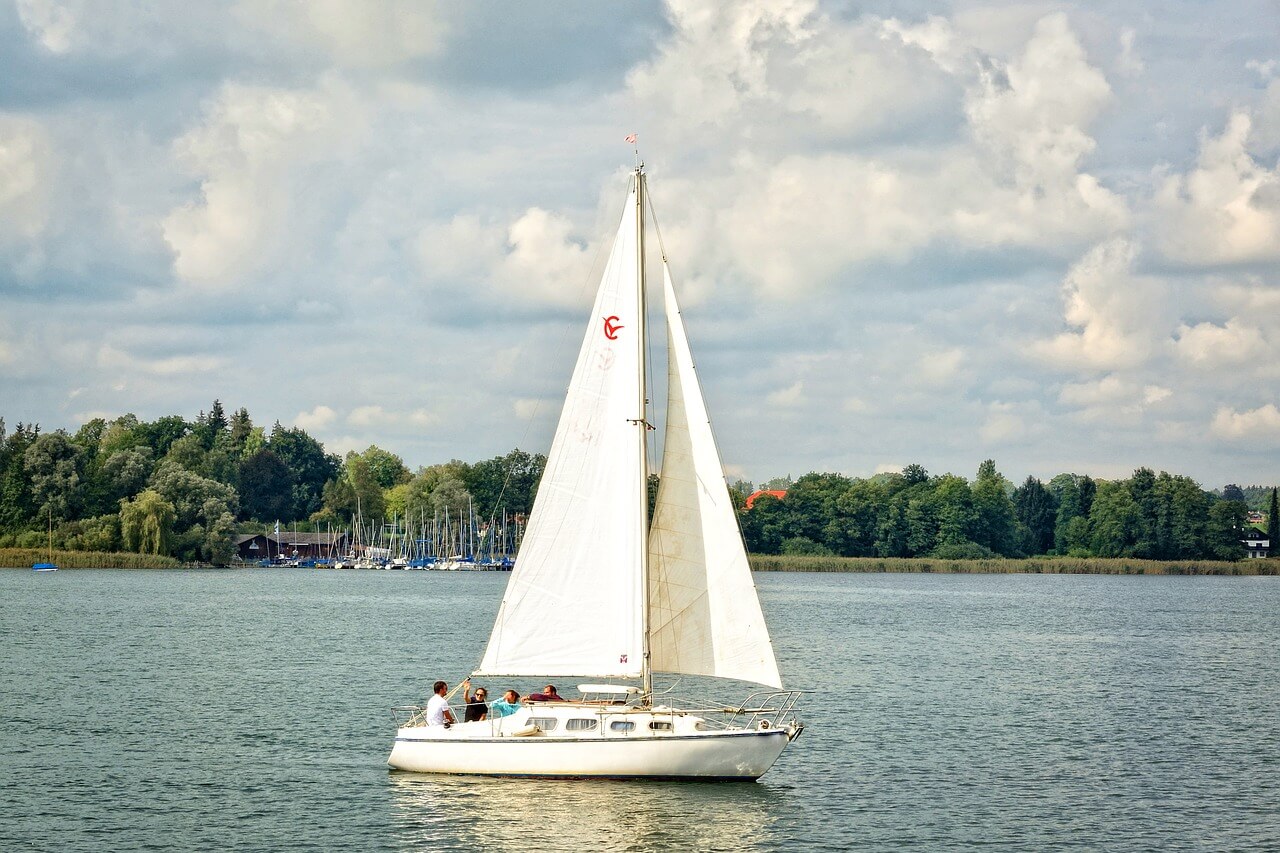The oceans are one of the world’s greatest treasures, but they are in serious peril like the rest of the planet. Without major changes in the way humans treat these natural resources, we may push them past the point of no return. What can people do to make a difference and preserve the seas? These are the five most pressing issues facing our oceans and how you can help.
Climate Change
How does climate change affect the ocean? The rising temperatures make the oceans hotter. Over time, the heat can lead to lower oxygen levels, eventually leaving the seas unable to sustain marine life. The increased acidity is changing the composition of the ocean environment and leading to reproductive problems for some forms of sea life. This situation is not a model for success.
Plastic Pollution
By now, most people have heard about the Great Pacific Garbage Patch, a mass of plastic particles that cannot biodegrade. Plastics in the ocean are often mistaken for food by some ocean animals. If everyone reduces single-use plastics, including straws, food containers, and plastic bags, less garbage may make it into the oceans.
Coastal Pollution
In addition to plastic trash clogging waterways, chemicals leaking into the oceans is a significant concern. Mercury and other harmful chemical runoff from agriculture, coal plants, oil refineries, and other industries lead to toxic levels in sea life and literal dead zones in the water, where no creature can survive. Contact your legislators to see what their positions are and how they can introduce policy measures to stop ocean pollution.
Overfishing
Until more nations limit the amount of commercial fishing that occurs, the ocean may continue to see a decline in sea life populations and more endangered species. Think about it; all it takes is the extinction of one form of sea organism to upset the balance of an entire food chain. Sustainable seafood may make a difference if people are willing to change their eating habits and allow fish populations to recover. Look for sustainable fish at grocery stores or restaurants and educate yourself by reading more online.
Habitat Destruction
Imagine the ripple effect that may occur from the devastation of just one marine ecosystem, such as a coral reef. What is a Coral Reef Ecosystem? It is more than just the coral itself; these undersea communities provide habitats and food for fish, mammals, plants, and microorganisms. With chemicals destroying these and other ocean habitats, it is no wonder that the impact is significant.
When you consider the combination of these challenges, the battle to save our oceans is more important than ever. If each person made small changes with ocean conservation in mind, it could make a difference. Start with the no-brainers, such as saying no to plastic straws or ordering sustainable seafood when you dine out. Take it a step farther by limiting the frequency of nonessential air travel or eating less meat. You can even make vacations better for the oceans by booking eco friendly sailing tours or participating in a coastal clean-up at your holiday destination. It is not just our oceans that can benefit from our eco-conscious behavior; the whole planet depends on us for protection and preservation.




